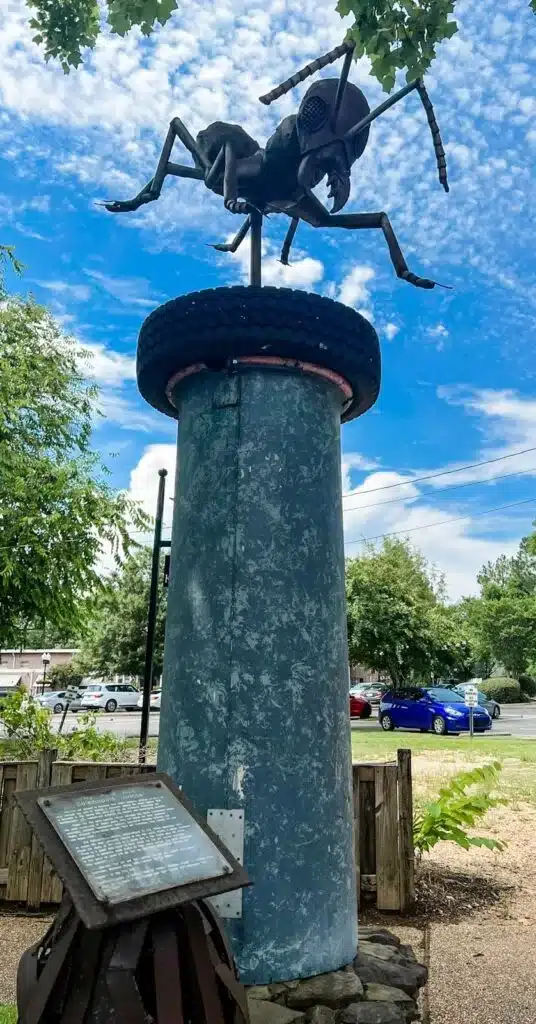The Mississippi Center for Public Policy released its annual Fat Cat Report this week, providing the public with a list of the state’s highest-paid officials.
Mississippi’s 50 highest-paid public officials make more money than all 50 of America’s state governors, according to a new report published by the Mississippi Center for Public Policy.
The Mississippi Fat Cat report, an annual overview of the highest-paid public officials in the state, published today, shows that Mississippi’s “Fat Cats” are getting fatter and receiving large pay increases. Top public-sector official pay grows twice as fast as other public-sector workers’ pay. For example, the superintendent of the Humphreys County School District saw a 102-percent salary increase from last year, making the payment from a little less than $90,000 to now $182,000.
“The public has a right to know how public money gets spent,” explained Douglas Carswell, President and CEO of the MCPP. “Our report shows that salaries for top public officials in our state are rising fast. The Fat Cats are getting fatter.”
Mississippi’s 50 highest-paid Fat Cats make more than America’s 50 state governors. More Fat Cats means fewer nurses, teachers and police officers, and these high-paid officials are largely unaccountable, with only four of the 50 being elected. School district superintendents dominate this Fat Cat list.
Of the 50 highest-paid public officials, 26 are school superintendents, many from the worst-rated districts. For example, Claiborne County School District’s superintendent makes a little over $200,000. While some superintendents oversee thousands of students and carry out demanding tasks, Claiborne County has an F rating with only 1,326 students.
Many of our state’s Fat Cats are largely unelected. Of the 50 salaried positions, only 4 are elected, with the remaining 46 being appointed. The only directly democratically accountable officials on our list are judges.
To combat the excessive spending, MCPP listed several policy proposals in its report to hold public officials accountable, including legislative-approved salary increases, salary formulas for superintendents, amending the Mississippi code and capping public sector pay to that below the governor’s pay.
“In summary, the report shows that government waste does not happen in a vacuum,” Carswell said. “An overpaid bureaucrat is ultimately feeding off the pocketbooks of citizens. It’s time to put the Mississippi Fat Cats on a diet of lower salaries so that taxpayer dollars can be protected from waste.”
A link to the report can be found here.

Read original article by clicking here.











